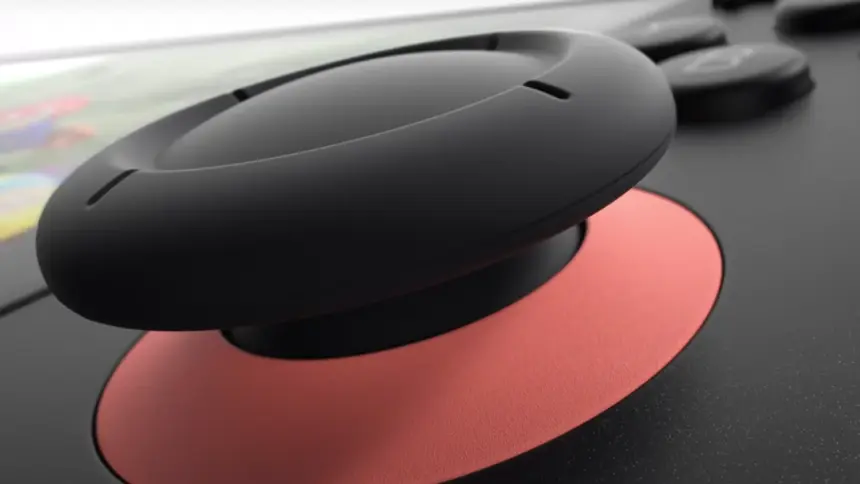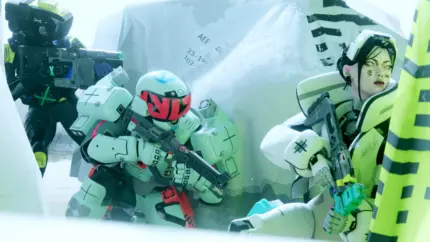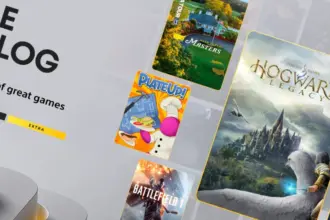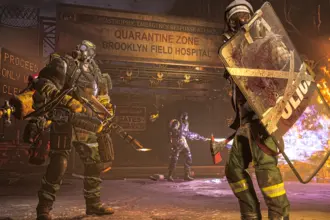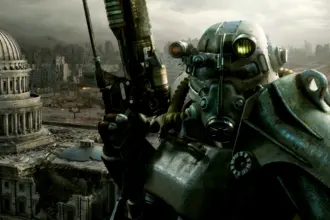Nintendo, the eternal maverick of the games industry, is suddenly being criticized for being too ordinary. And not from just anyone, but from Shuhei Yoshida - the long-time face behind PlayStation. In an interview with Easy Allies, the former president of Sony Worldwide Studios shared his thoughts on the upcoming Switch 2 - and they are surprisingly skeptical.
Yoshida's main criticism: Nintendo is losing its identity by focusing too much on technical performance with the Nintendo Switch 2 - exactly what Sony, Microsoft and co. have been doing for years. Higher resolution, 4K with up to 120 fps, a larger screen, more computing power - all of this is solid, but also ordinary. Innovation? Not at all.
"For me, that was a bit of a contradictory message from Nintendo", says Yoshida. "They have always been known for creating new gaming experiences, not just making everything better." Instead of bold experiments like the Wii or DS, he believes the Switch 2 offers more of what you would expect from other consoles - evolution instead of revolution.
The big question: Can Nintendo be "normal" sometimes?
Yoshida's statements hit a sore spot. For decades, Nintendo has built up an image as a creative pioneer - a company that prefers to think outside the box instead of calculating in teraflops. The Wii was a global surprise success, the Switch a stroke of genius in terms of hybrid design. But can you survive in the long term with innovation alone?
The Nintendo Switch 2 is - admittedly - technically impressive. At last, games like "Elden Ring" run natively on Nintendo hardware. Third-party titles no longer come as a slimmed-down "cloud version", but in their full glory. For many, this is a reason to rejoice, especially for those who only own a Nintendo console.
However, Yoshida sees little appeal for core gamers with multiple systems. Anyone who already owns a PlayStation or a gaming PC has probably already played the big blockbusters. For this target group, Nintendo's offering therefore seems less fresh - or, in Yoshida's words: "just ... 'ooh'."
Innovation is hidden in the detail
However, the Nintendo Switch 2 is not completely without innovation. The new Mouse control for the Joy-Con controllers is a real novelty in the console sector. Functions such as game chat with screen sharing or game share, where you can share a game with others locally without them owning it, show this: Nintendo continues to think in unusual ways - just a little more subtly.
Perhaps this is precisely the new approach: innovation yes, but packaged in a mass-compatible product that appeals to both core gamers and families. A device that is no longer defined solely by what it does, but also by how well it does it. It's also possible that the next innovative step will be the first time that Nintendo monetized the C-Button.
Yoshida's criticism is understandable, but also tinged with nostalgia. Nintendo has changed - perhaps not lost, but evolved. The Nintendo Switch 2 feels less like a daring experiment and more like a mature response to the fans' wish: do what you can, but better.
Whether this is enough to keep the Nintendo magic alive will become clear from the June 5 when the Switch 2 is officially released. Until then, the discussion remains open: Does Nintendo always have to be different to remain Nintendo?
